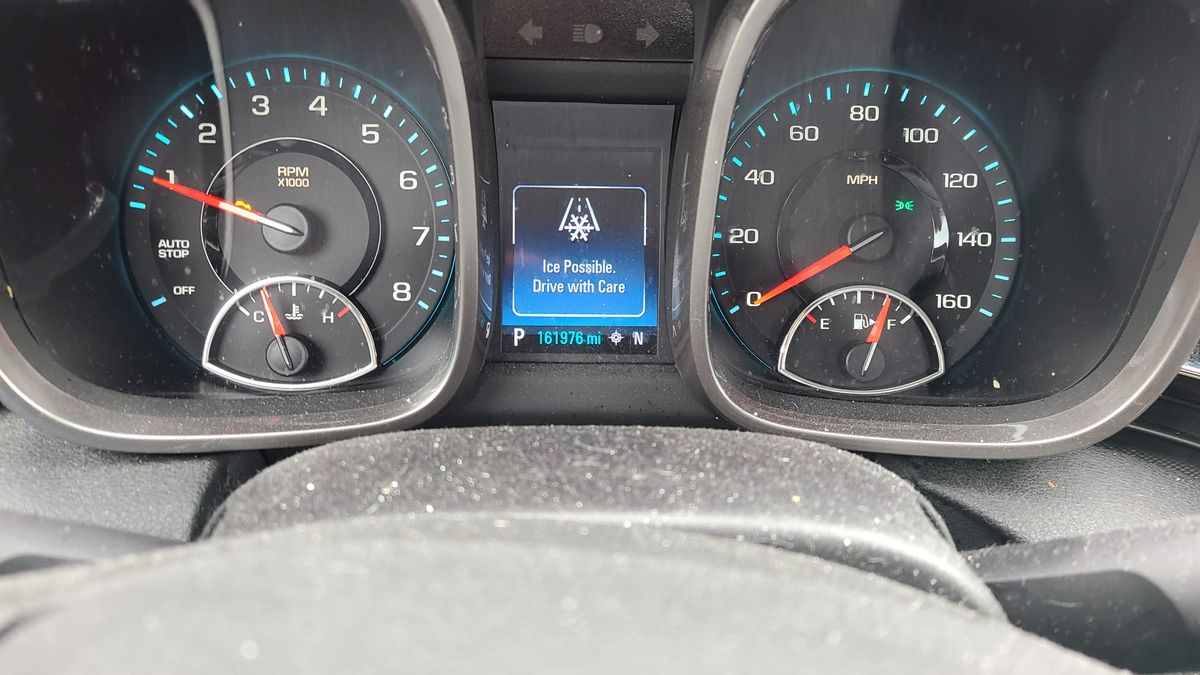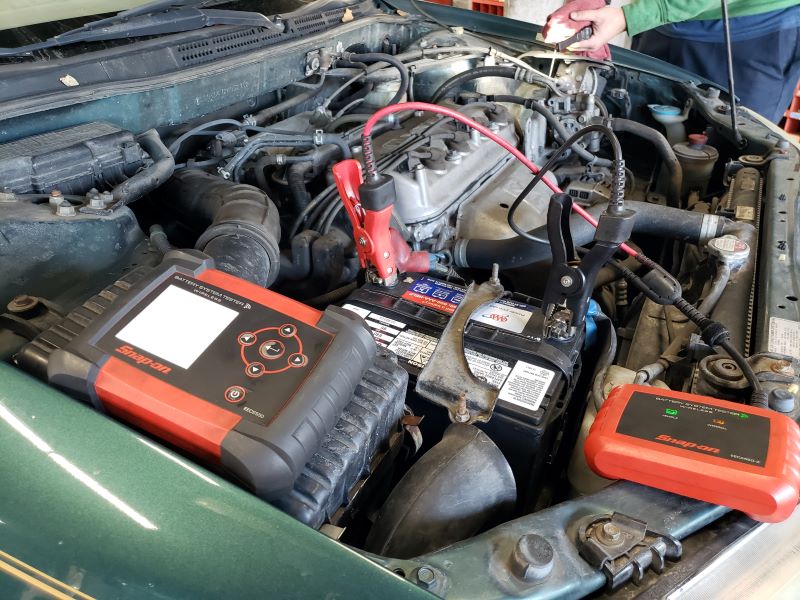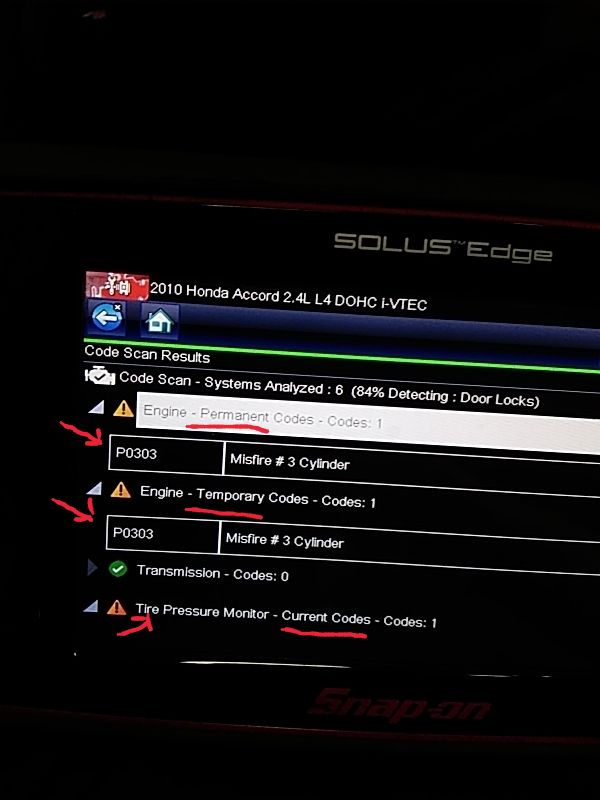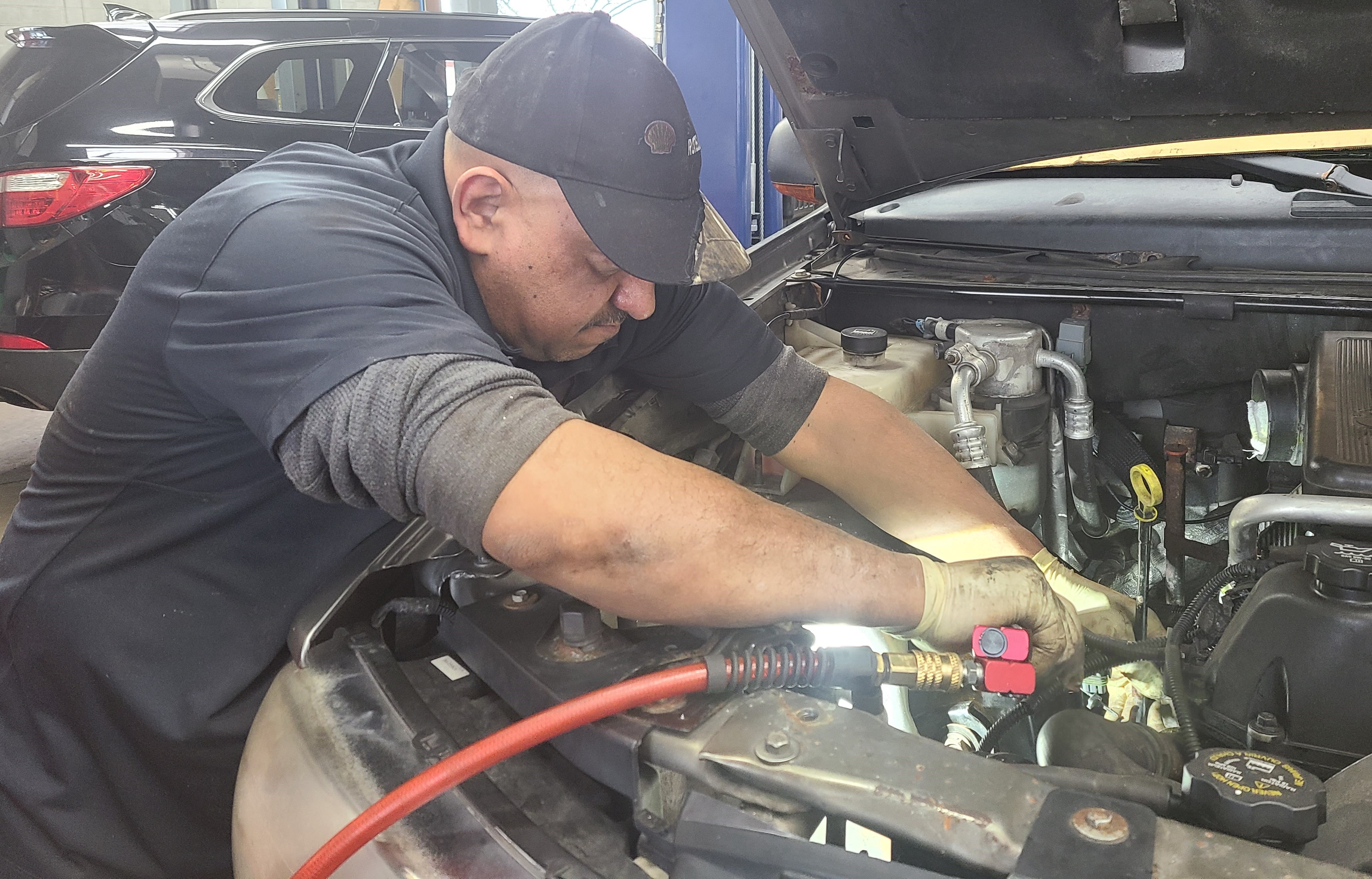Posted on 12/13/2023

Maintaining your car tires is important for safety and performance. Here are some quick tips on when you should consider changing your car tires. Look at your car tire tread depth. You can use a tire tread depth gauge. Another easy way to check your tire tread wear is to feel the wear indicators. The tire tread wear indicators are little bars or nubs inside the tread valleys. When the wear indicators and the tread are even, it is time to change your tires. If your tire tread is nearing the wear indicators, you should consider changing them soon. Tire age is often overlooked. You can find out your tires' ages by looking for the date of manufacture. The date stamp is in an oval found after the DOT number. It is a four-digit number that represents the two-digit week and two-digit year. Different tire manufacturers recommend different life expectancies. However, if your tires are more than 5 years old, our mechanics recommend you change your tires soon. Check your car tires for visible ... read more
Posted on 9/18/2023

Why Won’t My Car Start? When your car won’t start, it can be frustrating and inconvenient. Here are a few things that could cause your car not to start. A dead or weak batter is a frequent culprit. Signs include dimming lights and a clicking sound when turning the key. Regular battery service can prevent this issue. The starter motor cranks the engine. When it fails, you will hear a clicking sound, but your car won’t start. Regular checks can catch starter motor problems early. An empty fuel tank, clogged fuel filter, or a failing fuel pump can keep your car from starting. Worn spark plugs, ignition coils, and ignition switches lead to misfires and no starts. Routine maintenance prevents these issues. While those are the top five reasons your car won’t start, there could be a few other reasons. Alternator problems, ECM, or security system glitches also cause starting difficulties. Let our mechanics help. Visit us on Google: ... read more
Posted on 9/13/2023

What Does A Check Engine Light Mean? The Check Engine Light in your car can signal various issues. Emissions problems and sensor failures can cause the Check Engine Light to come on. The Check Engine Light is also known as the Malfunction Indicator Lamp. It is a critical warning on your car’s dashboard. When it lights up, it’s a sign that your car’s onboard computer (ECM or PCM) has found a problem in the engine or emission control system. Newer cars have robust emission controls. The Check Engine Light may indicate issues with parts like the catalytic converter or oxygen sensor. Loose gas caps, faulty fuel injectors, or fuel pump problems can trigger the Check Engine Light. Engine misfires from spark plugs, ignition coils, or vacuum leaks are common causes. Sometimes, transmission issues can also cause the Check Engine Light to come on. Wiring problems, faulty connectors, or electrical components in the engine control system can be root causes. Our mechanics will us ... read more
Posted on 5/23/2023

Why Is My AC Blowing Warm In My Car? When you push the button to turn on the AC in your Car, you expect the AC to Blow Cold Air from the vents. What does it mean when the AC Blows Warm Air? There are two sides to the AC system in your car. The first side is the power, or the control unit where you ask the AC to come on. You set the temperature control and tell the air where to blow. These temperature controls can be digital with a temperature display. Most digital controls include dual-zone climate control, or front and rear zones. They can also be analog, or use a knob that shifts the temperature along a range from cold to hot. Your vent positions are controlled the same way. They change from dash, to vent to floor depending on the position you choose. The second side of your AC system is mechanical. This part of your AC system is a sealed system. It uses refrigerant or Freon to make the air in the passenger compartment cold. Parts like the AC Compressor, AC Condenser, and Evaporator ... read more
Posted on 4/3/2023

Can You Drive A Car With An Oil Leak? Engine oi is a very important part of your car, specifically the engine itself. Oil is made to clean, lubricate, and dissipate heat from the moving parts of your car engine. Each engine is made to hold a specific type and a specific amount of oil. Most of today’s cars use synthetic oil. This means you are not going to the auto shop every 3,000 miles for service anymore. Your car may not be getting checked out as often as it used to. So, what happens if your car develops an oil leak? An engine oil leak may appear as a darkened spot underneath your car. You may experience a burning smell from the engine compartment. To help prevent damage (premature failure or further wear), check your engine oil level. If it is low, you can top off your oil level with the correct viscosity. Driving with an active oil leak can cause more expensive repairs in the future. There are additives and higher detergent value in modern engine oil. This can cause rubber ... read more